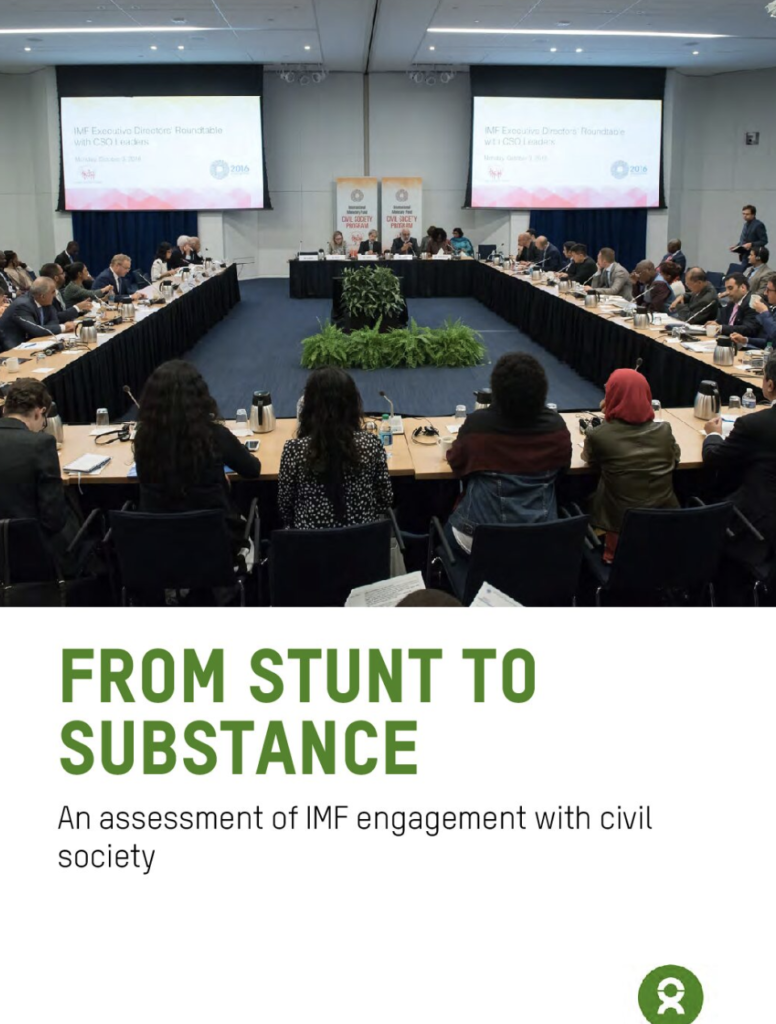Amid the ongoing global recovery from the pandemic, the International Monetary Fund (IMF) played a pivotal role through emergency lending and the imposition of austerity measures, actions primarily designed without significant consultation with civil society organizations (CSOs). This situation underscored the need for greater transparency and inclusivity in policy-making to prevent deepening inequality. To address this issue, Oxfam International commissioned Triangle to analyze the IMF’s engagement with CSOs and assess its effectiveness and impact on policy decisions.
The study scrutinized past and current engagements of the IMF with CSOs, including labor unions. The approach incorporated a comprehensive desk review, key informant interviews, and detailed case studies across different national contexts. This research aimed to determine how these engagements influenced the design and implementation of IMF programs and their broader socio-economic impacts.
Triangle’s analysis revealed that IMF engagements with CSOs were often superficial, lacking in meaningful dialogue and influence on major policy frameworks. Engagements were found to be sporadic and reactive rather than systematic and proactive, with IMF representatives engaging inconsistently across different regions. This led to CSOs having minimal impact on shaping or altering the IMF’s austerity-focused policies.
Based on these findings, Triangle recommended enhancing the depth, frequency, and inclusivity of IMF’s engagements with CSOs. Specific strategies included establishing more structured dialogue mechanisms, increasing transparency of IMF operations, and creating opportunities for genuine CSO influence on policy formulation. These recommendations aim to ensure that future IMF engagements with civil society are substantive and contribute effectively to policies that genuinely benefit the broader public and align with global equity and sustainability goals.
